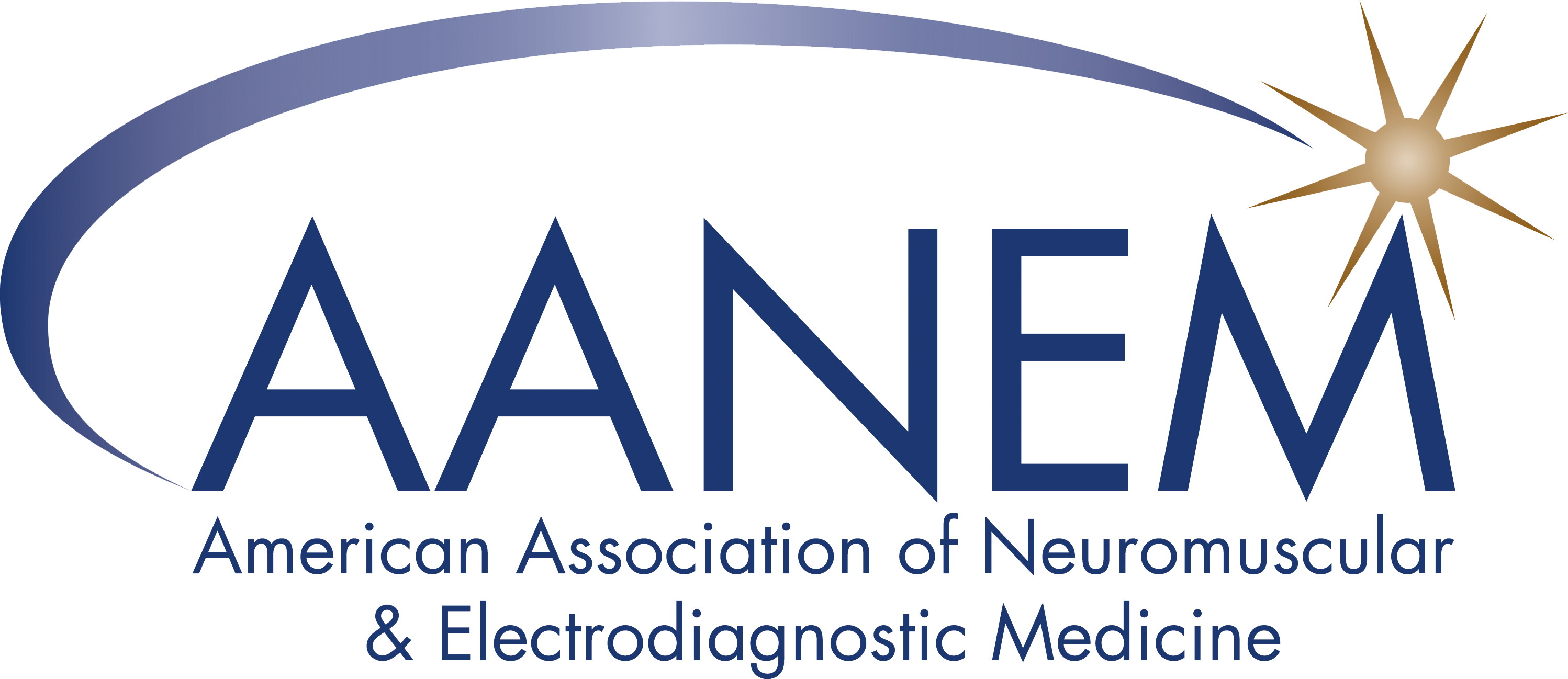Remembering Mark Hallett, MD
Published November 06, 2025
AANEM remembers Mark Hallett, MD, a renowned neuroscientist whose pioneering research significantly advanced the understanding and treatment of movement disorders. Dr. Hallett passed away Nov. 2, 2025, following a battle with glioblastoma. Throughout his remarkable career, he authored over 1,200 scientific papers, edited nearly 30 books, and became one of the most highly cited neurologists in the world.
Born in Philadelphia in 1943, Dr. Hallett earned his medical degree from Harvard Medical School and completed his neurology training at Massachusetts General Hospital, followed by fellowships at the National Institutes of Health (NIH) and the Institute of Psychiatry in London. After serving as chief of the Clinical Neurophysiology Laboratory at Brigham and Women’s Hospital and associate professor at Harvard Medical School, he joined the NIH in 1984 to found and lead the Human Motor Control Section at the National Institute of Neurological Disorders and Stroke. His work on the physiology and pathophysiology of movement disorders—ranging from dystonia and myoclonus to Parkinsonism—fundamentally reshaped clinical practice. A pioneer in the use of botulinum toxin for focal dystonia and in the application of transcranial magnetic stimulation (TMS), Dr. Hallett’s insights continue to guide treatments used worldwide.
Dr. Hallett’s leadership and scholarship profoundly shaped the AANEM and the broader neurology community. A longtime member and past president (1991–1992) of AANEM, he also served on its board of directors, Examination Committee, and Editorial Board of Muscle & Nerve. He received the Distinguished Researcher Award in 2002 and the organization’s highest honor, the Lifetime Achievement Award, in 2014. His dedication to mentorship was equally enduring. By the time of his retirement in 2022, he had guided more than 150 fellows from around the world, fostering a culture of collaboration, curiosity, and compassion.
Beyond his scientific brilliance, Dr. Hallett was admired for his humility, humor, and warmth. His colleagues and mentees remember him not only as a towering figure in neuroscience, but also as a gentle and generous teacher whose influence will continue for generations. The AANEM honors his extraordinary life and legacy—a scientist who expanded the boundaries of knowledge and a human being who exemplified kindness in all he did.
